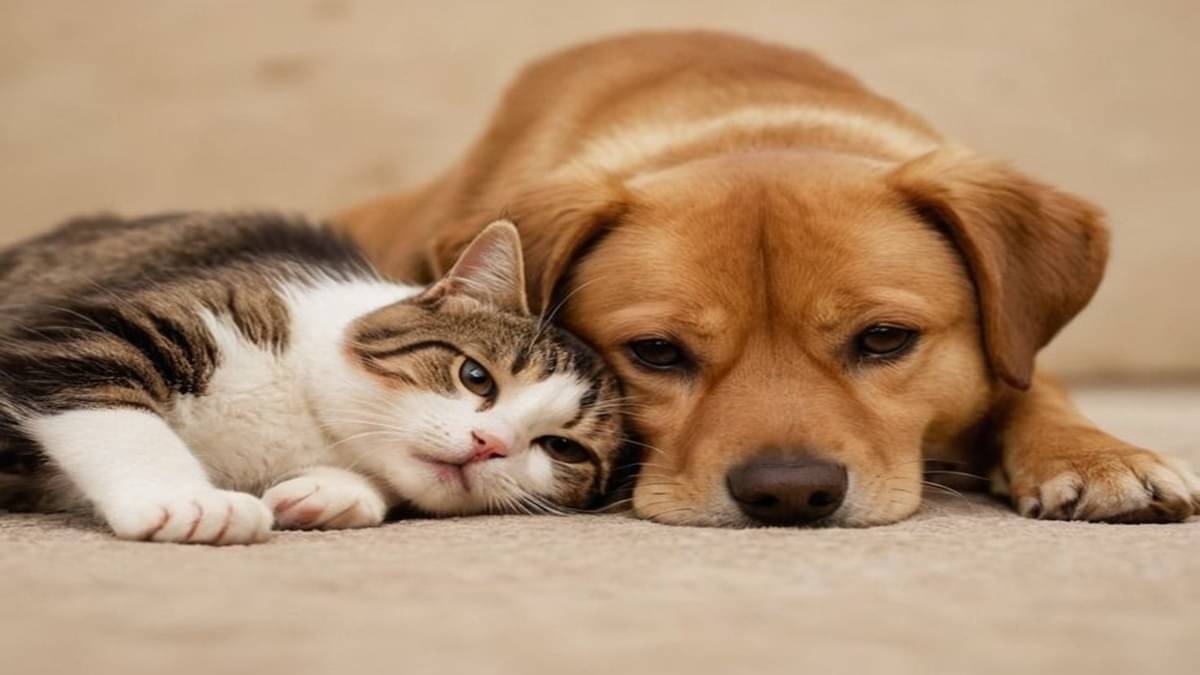Now Reading: Ensuring Pet Safety in Your Absence
-
01
Ensuring Pet Safety in Your Absence
Ensuring Pet Safety in Your Absence

Quick Summary:
- Secure Home Environment: Ensure loose cords or wires are secured, and keep toxic plants, chemicals, and medications out of reach of pets.
- Create a Safe Space: Designate a quiet and cozy area with bedding and toys to help pets feel secure.
- Essential Needs: Provide clean water, sufficient food supplies, and access to essential items for your pet’s sustenance.
- Identification Tools: Equip your pet with a microchip or collar tags for identification in case they are lost.
- Monitoring Equipment: Install cameras with two-way audio features to monitor pets when away and communicate remotely.
- Emergency Preparedness: Pack necessary emergency items such as food, water, medications, carrier bags, and medical records for unforeseen situations.
- Pet Sitter Arrangement: Designate a trusted sitter or family member for pet care during emergencies or prolonged absences.
Indian Opinion Analysis:
As India sees an increasing rise in pet ownership across urban areas due to shifting lifestyle preferences and emotional companionship benefits, articles like this highlight the growing demand for structured guidelines on pet care responsibilities. Efforts to educate owners about safety measures-ranging from home environment adjustments to emergency preparedness-are crucial in fostering accountability among new adopters. The emphasis on technology like monitoring tools also signals how innovation is shaping modern pet care practices.
Further strengthening awareness through community workshops or digital campaigns could enhance public consciousness about responsible ownership while ensuring the welfare of animals across varied circumstances in India’s evolving societal landscape.

























